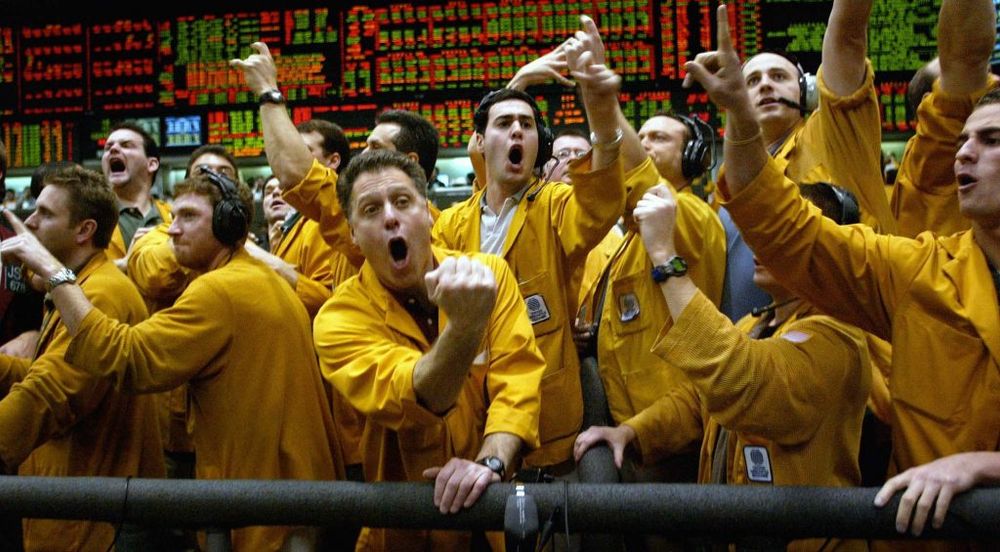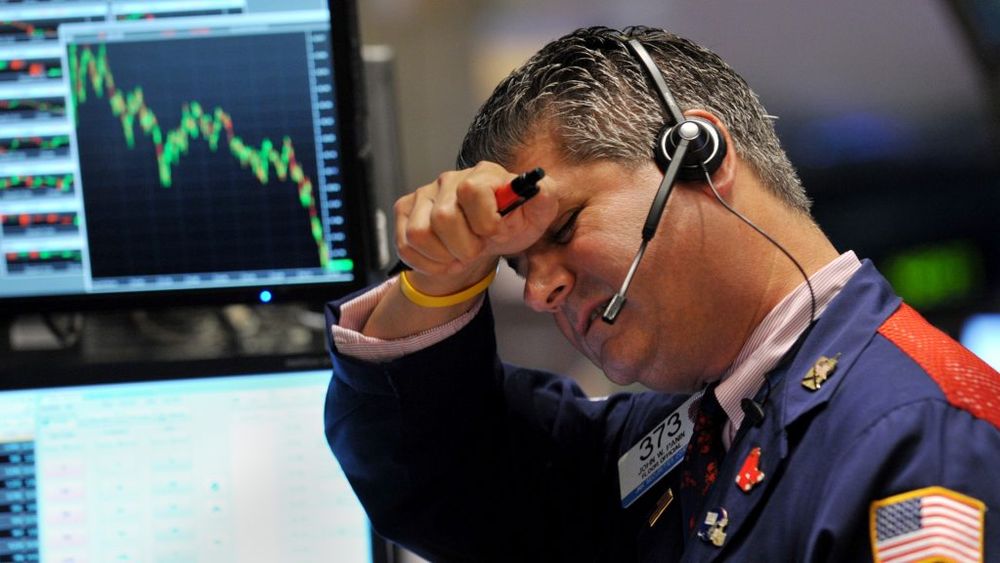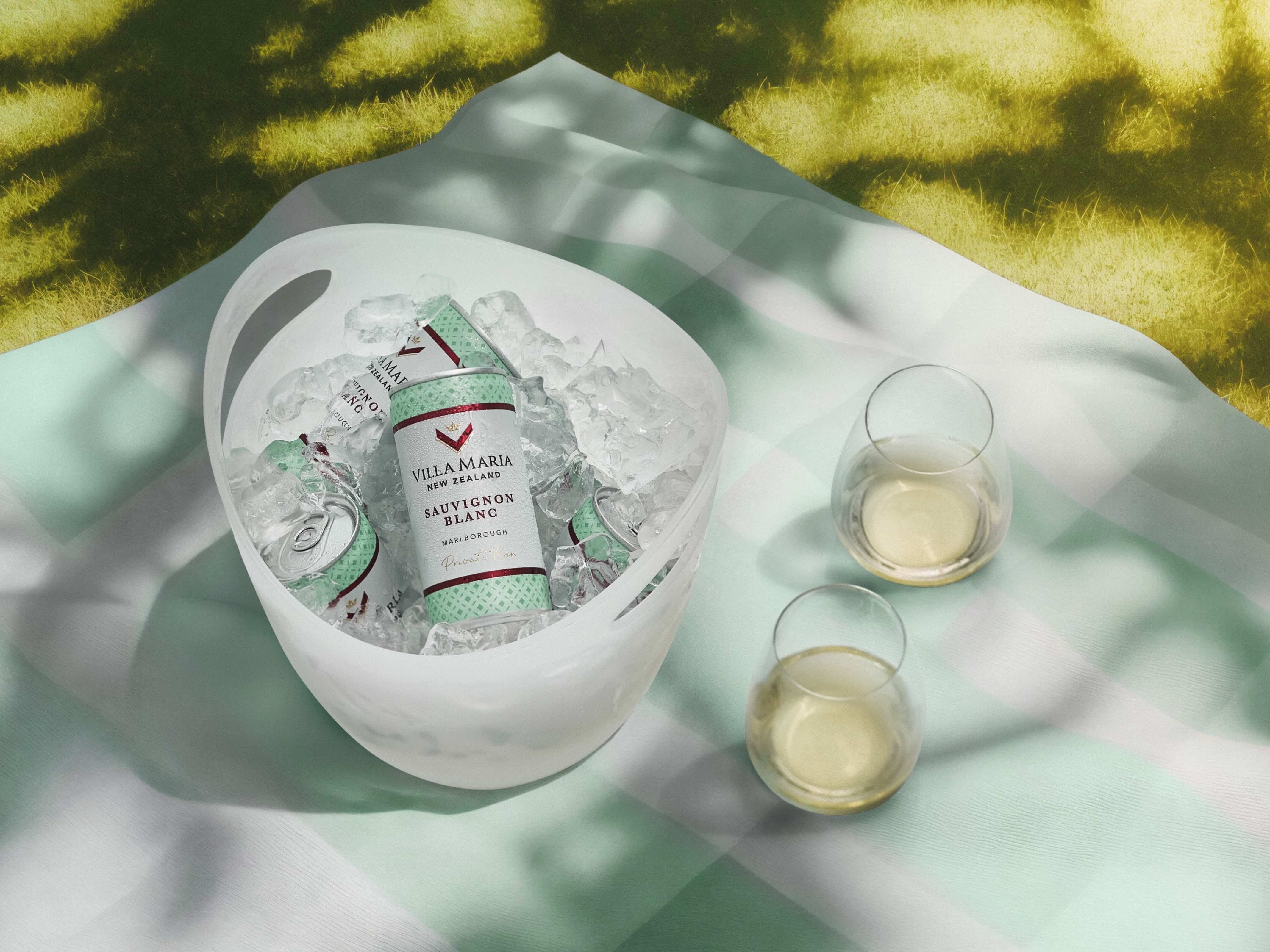Last year’s drop in sterling continues to dominate trading negotiations, but currency can’t continue to be the fall guy of the drinks industry.
You don’t need to be a seasoned journalist to know that what a business might say in public is necessarily the truth, the whole truth and nothing but the truth.And the bigger the business, the bigger the discrepancy.
But to be clear that does not mean they are lying, they are simply setting out enough facts to explain what is going on behind the scenes without welcoming us all in to the confines of their boardroom.
We see it everyday with our politicians. They will admit to and set out the facts that follow the narrative they want to express, without having to get in to areas of detail that would detract from their main message.
Throw in to the mix levels of business uncertainty driven by economic instability and you have an even more complicated picture to unravel. The spectre of Brexit and the threat of increasingly restrictive US trade tariffs is creating an environment of business instability and disruption few can remember. The global recession of 2008/09 was bad, but it did not effect the way international businesses could trade and do deals with each other.
Disruptive times

The value of the dollar and sterling and other key currencies is what keeps the wine world ticking
You only have to look at the top line soundbites coming out of any of the major wine businesses’ annual results to see what disruptive times we are living in.Which has its pluses and minuses for pressurised company chiefs.
On the hand the disruptive trading conditions they are having to deal with are very real and extremely challenging even for the most organised business.
But on the other hand they also provide a convenient backdrop on which any bad news can be blamed. If sales are not going quite as well as expected then why not blame the turbulent and uncertain business environment rather than any structural or strategic issues with the company itself.
Which makes it harder than normal to really understand what the true picture is at any given business.
Take Australian Vintage. It was first out of the blocks on July 5 last year, less than a couple of weeks after the EU referendum, to announce a drop in year-end profits of A$1 million could be blamed squarely on the fall of sterling and subsequent knock on effect on global exchange rates that had already left them in a less competitive position in key markets, noticeably the UK.
“It is unfortunate that the recent events surrounding the Brexit vote has led to AVL’s profit being adversely affected. This event was outside of our control and is disappointing,” is what chief executive, Neil McGuigan, said at the time.
It followed that up with second profit warning in October 2016 saying the currency shortfall supplying the UK would wipe another A$3.5 to A$4m off its annual profits. It stressed again in a statement: “Every global wine company that sells wine to the UK has experienced similar falls with the GBP declining between 18% and 34% against the various currencies.”
Hallgarten Druitt & Novum Wines has also publicly blamed currency for a direct impact on its profitability, citing a £1m drop in profits on the 20% drop in the rate of sterling in 2016.
There is no reason to question the impact that sterling has had on any drinks business. Having to deal with such an unpredicted drop in sterling has clearly caused considerable hurt and damage to companies’ bottom line.
It’s the economy…stupid

Now after months of speculation we have private equity giant, Champ, announcing it is drawing a halt to its much hyped and proposed float of the Accolade Wines business.
The official reason given is that there were simply too many moving parts in the business to make a sale at this time the right move to make. Or as Accolade’s chief executive, John Haddock, put it: “There’s a lot going on inside our business.”
High on that agenda would have been the fall in sales as a result of its current over dependence on the UK market and the drop in the rate of sterling.
But it only goes to show how disruptive the global trading conditions are if a private equity business of the scale of Champ is forced to turn its back on a potential A$1 billion floatation.
There are disruptive trading conditions that we are all having to work in. It is certainly hard for any wine business to effectively plan more than six to nine months down the road as it simply does not know what the economic situation is going to be and what rate it can expect to get for the key currencies it trades in.
The only good news is that we are all in this together. Whether you are national drinks distributor, or a small specialist importer, you have had to put up prices simply because it now costs much more to bring in beers, wine or spirits from around the world. The only difference comes in when and how you put those prices up.
Which has its own knock on effect to the retailers, merchants, restaurants, bars and pubs all faced with higher priced drinks to sell that they have to either try and absorb or pass on to their customers.
In it for the long term
Both the buyer and seller in any negotiation is having to conduct business with their fingers crossed behind their backs. What’s even more worrying is that the worse is probably still to come as the UK goes through the long drawn out, exhaustive negotiating process of extradicting itself from the EU and the enormous ramifications that will have on importing goods from anywhere.
Which is why we seeing such a big shake up in how companies are now doing business. Changing their models and strategy to try and cope with this very different world we are living in. Drinks companies will look to develop even more longer term trading partnerships with producers, buyers and their customers to help each other ride through the coming years.
Harsh realities

Can we be blaming currency 12 months from now with price rises already well embedded in the market?
But it will also be interesting to watch how the markets and the trade as a whole responds to businesses who six months to a year down the line look to blame the global market conditions for their own sales performance. It is perfectly reasonable coming out of the firestorm of the last 10 months for wine businesses to currently look at the adverse currency rates for being over exposed in some markets, but is that going to wash 12 months from now?
Particularly now that price rises have been universally introduced, either last autumn as was the case with most of our national drinks distributors, or in 2017.
The financial markets have short term memories and will be putting those companies that do not hit their targets in the coming year on the naughty step of businesses that must do better. Regardless of what might be perfectly reasonable external economic factors hitting a company’s bottom line.
For in the harsh reality of business there is no excuse for not putting your own house in order.
After all it is noticeable how large wine businesses, producers, importers and retailers do not put record sales increases down to the fact that currency and trading conditions were very much in their favour for the previous year. They are much more likely to pat themselves on the back for their aligned business strategy than look to the general macro economic conditions for how well they are doing.
So continuing to blame wider external factors for when things go wrong in the future is a tune that is going to be harder to sing in the coming months.
- This is an adapted piece from an article published on VINEX, the global bulk wine trading site.









































